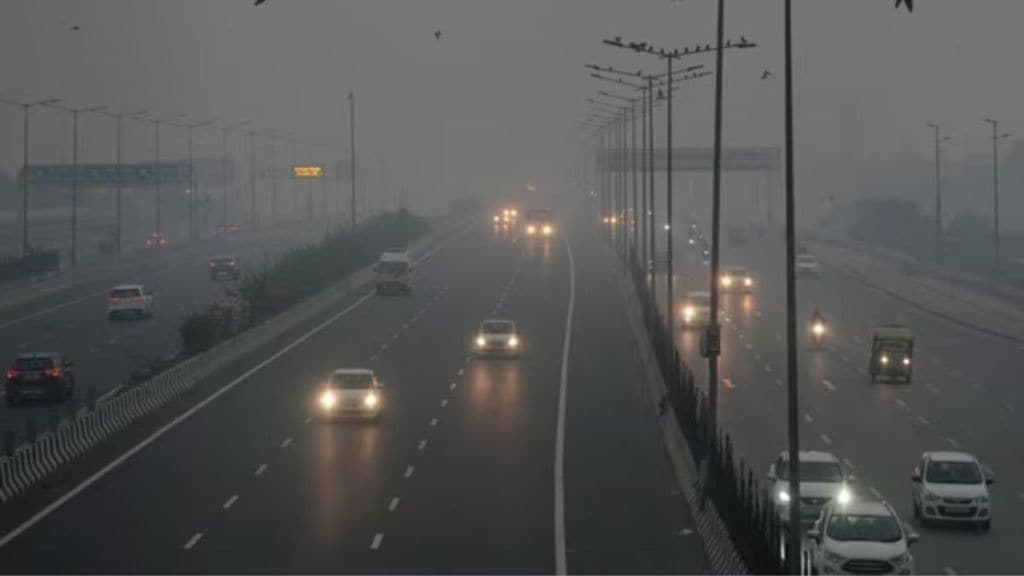Due to the severe air quality index (AQI) levels, the Commission for Air Quality Management (CAQM) has invoked all measures under Stage III of the Graded Response Action Plan (GRAP) in Delhi NCR, effective immediately. On Tuesday, the AQI in the national capital was recorded at 276 and it further escalated to 365 on Wednesday.
“In an effort to prevent further deterioration of the air quality in pursuance of the Hon’ble Supreme Court’s directives, the sub-committee on GRAP hereby decide to invoke ALL actions under stage-Ill (‘severe’ Air Quality of Delhif of extant schedule of GltAp, with immediate effect in right earnest by all the agencies concerned in Delhi-NCR, in addition to the Stage-l and II actions already in force,” the air quality panel said in a statement.
“The Sub-committee, shall be keeping a close watch on the air quality scenario and review the situation from time to time for further appropriate decision depending upon the Air quaiity in Delhi and forecast made by IMD/IITM,” the CAQM statement added.
What’s NOT allowed under GRAP stage III?
To combat severe air pollution, several restrictions have been imposed under Stage III of the Graded Response Action Plan (GRAP) in Delhi:
- Non-essential construction and demolition activities are prohibited.
- Brick kilns and industries that do not use cleaner fuels must shut down.
- Non-essential diesel generator sets are banned.
- BS-III petrol and BS-IV diesel vehicles are restricted from operating.
- Non-essential diesel-operated medium goods vehicles are not allowed.
- Stricter vehicular emissions checks will be enforced.
- Mechanical road sweeping and water sprinkling will be implemented to curb dust.
- Open burning of waste is strictly prohibited.
What’s allowed under GRAP stage III?
Certain construction and demolition activities are permitted, particularly those that are critical or low in pollution generation:
- Railway and metro rail service projects, including station construction, are allowed.
- Airports and interstate bus terminals can continue their work.
- National security and defense-related projects of national importance are exempt.
- Healthcare facilities and hospitals can carry on with their construction activities.
- Public infrastructure projects such as highways, roads, flyovers, over-bridges, and power transmission/distribution lines are permitted.
- Sanitation projects, including sewage treatment plants and water supply initiatives, can continue.
- Ancillary activities supporting the above categories, such as plumbing, electrical work, and carpentry, are also allowed.
- Tasks that involve high pollution or dust generation, like painting and polishing, remain prohibited for all construction projects in the National Capital Region (NCR).


 — ANI (@ANI)
— ANI (@ANI)